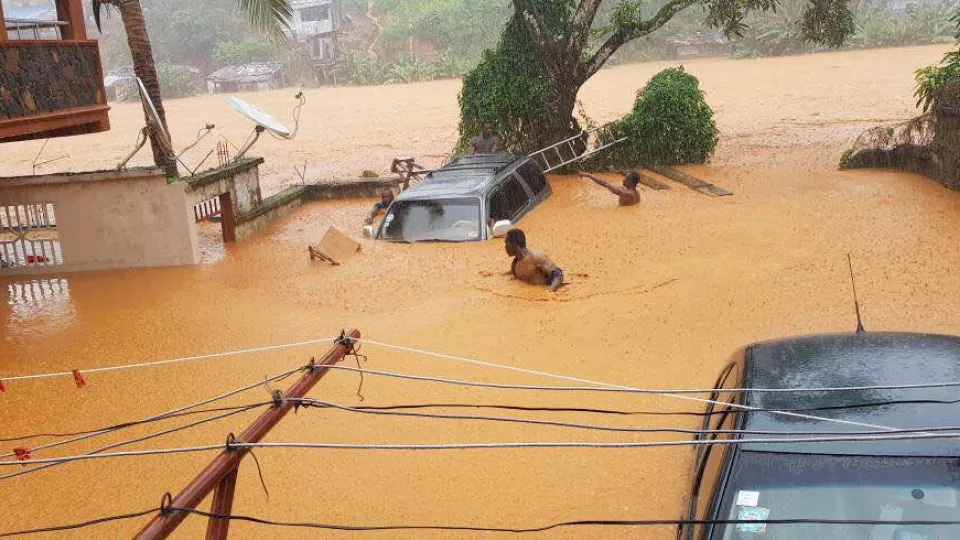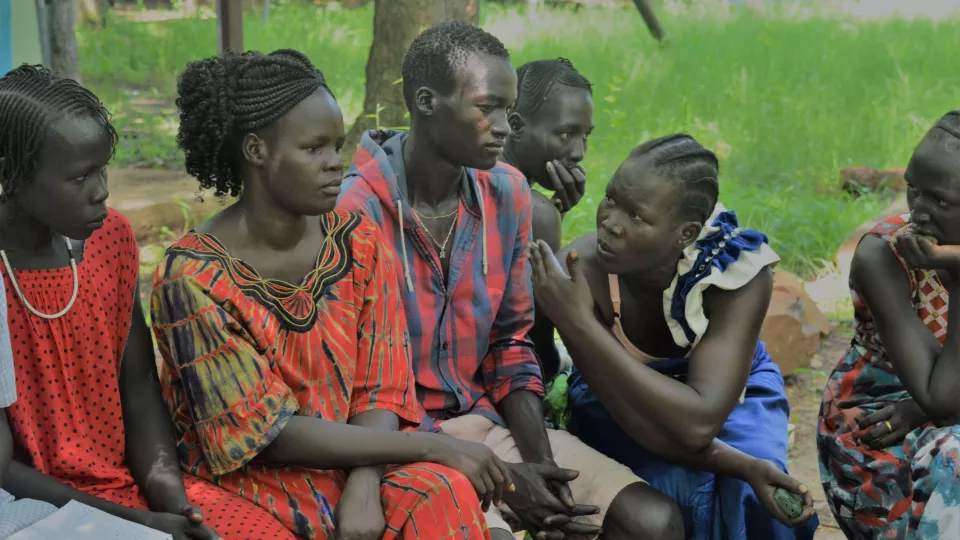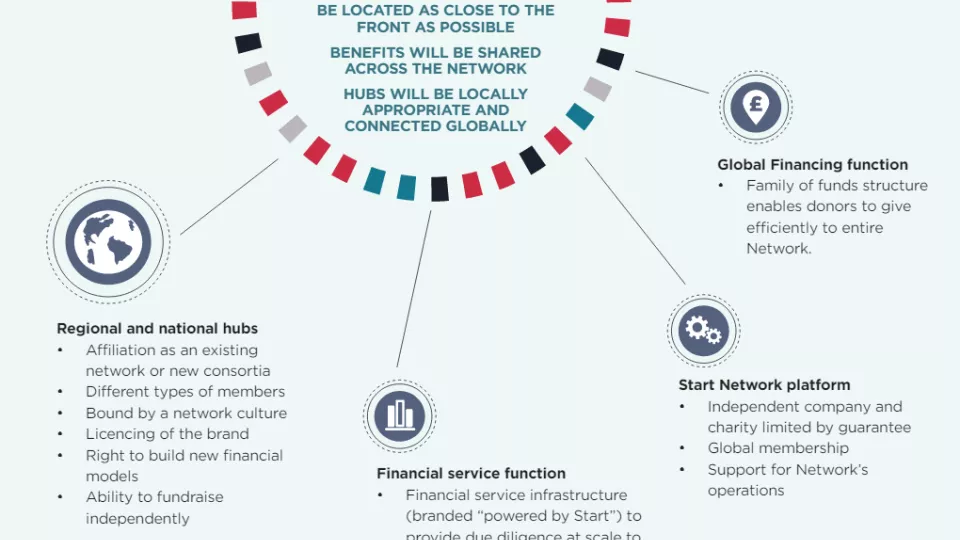
Why learning from failure is key to anticipating humanitarian crises
Start Network's Sarah Klasson looks inside the 'black box' of the Crisis Anticipation Window, to see how we can learn from the failure to act early before crises hit this summer.

Start Network's Sarah Klasson looks inside the 'black box' of the Crisis Anticipation Window, to see how we can learn from the failure to act early before crises hit this summer.

The numbers seemed alarming when the rapid reaction health team gathered in the remote Ethiopian town of Itang for their weekly meeting in mid-April this year: 286 cases of malaria reported over the previous seven days.

Graduates of the Humanitarian Trainee Scheme, a capacity-building programme funded through the Disasters and Emergencies Preparedness Programme, are supporting the Bangladesh Government’s response to the Rohingya refuges crisis.
The Asia Regional Platform of the Transforming Surge Capacity project has gathered 7 international NGOs to create the regional shared roster Go Team Asia, which provides surge support to emergencies across the region. Roster members receive many capacity building opportunities; trainings, simulation exercises, one-to-one coaching, and Trainings of Trainers (ToT). This case study shows how the collaborative nature of capacity building for Go Team Asia improves individuals’ and organisations’ ability to work together, which can help them provide faster and more adequate assistance to affected communities.
Here we look at one of the proposals from the Start Evolves task teams, the Due Diligence team proposes a global due diligence database to enable greater diversity in the humanitarian system.
More than 130 participants from national and international civil society organisations, donors, UN agencies and government officials attended the conference to explore what an ideal future for humanitarian action in Pakistan might look like and how we might reorient ourselves to get there.

Setting up a fish conservation zone made villagers more secure against a future disaster
Learning by doing is the best way to learn, so the Protection in Practice project builds local partner capacity by training, mentoring and co-implementing projects with them simultaneously. This means that vulnerable people are helped at the same time as strengthening capacity.

As they set out by motor boat to reach remote communities hit by flash flooding, three trainee humanitarians had their first taste of the hazards involved in their new profession.

The Start Network’s vision is to become a decentralised network of hubs at the regional and national level. To discuss the value of hubs with members, Start Network’s Neil Townsend and Bhavya Srinivasan hosted consultation meetings in Amman and Nairobi as part of Start Evolves.